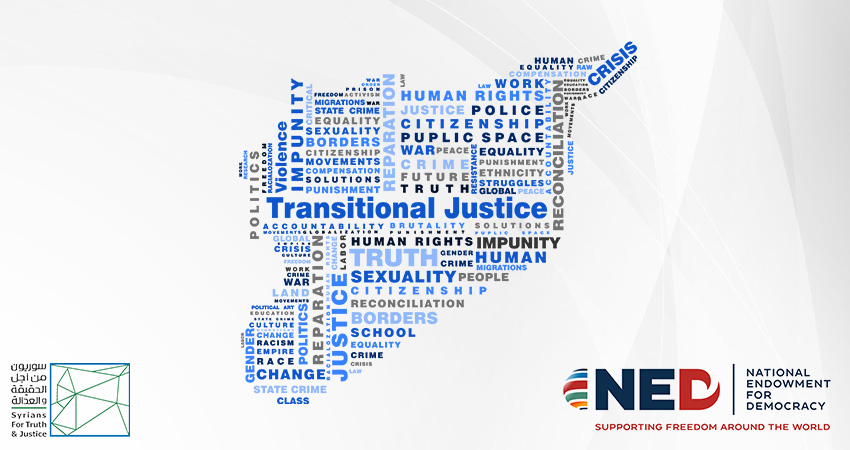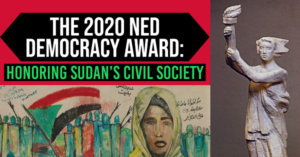
Who opened the doors of Kober prison, located north of the Sudanese capital, on 23 April? analyst Gwenaëlle Lenoir asks. Where are the three International Criminal Court (ICC) suspects who had been held there for more than four years, including former president Omar al-Bashir? Did they escape in the chaos or were they released?
All these questions do not seem to worry the ICC, which has so far said nothing, she writes for Justice Info. How did the Kober detainees, who can be seen on several videos shared on social networks, get out of their cells on Sunday 23 April 2023? Did the guards decide that they could no longer take care of the detainees in the midst of explosions and bombings, without water, electricity or food?
 Questions of transitional justice that lie at the heart of the Sudanese crisis might never see the light of the day since they would not feature in a Beijing peace agenda, Matai Muon and Brian Wong write for The Diplomat. In the absence of genuine redress of the crimes and legacy of former dictator Omar Al-Bashir, genuine transition to peace cannot materialize.
Questions of transitional justice that lie at the heart of the Sudanese crisis might never see the light of the day since they would not feature in a Beijing peace agenda, Matai Muon and Brian Wong write for The Diplomat. In the absence of genuine redress of the crimes and legacy of former dictator Omar Al-Bashir, genuine transition to peace cannot materialize.
Transitional justice is one of the most important mechanisms adopted by several post-conflict states to preserve human rights and freedoms, according to a new paper from Syrians for Truth and Justice.
The paper, funded by the National Endowment for Democracy (NED), aims to highlight the role of transitional justice in addressing violations and abuses committed in Syria by the various parties to the conflict. The authors underline the importance of establishing legal, political, and social measures with a focus on truth-seeking, redressing victims, reforming institutions, and finding mechanisms to hold perpetrators accountable (particularly highly ranked officials). RTWT
Sudan: who helped the ICC suspects break jail? https://t.co/b34ahmVajH
— Democracy Digest (@demdigest) May 11, 2023







